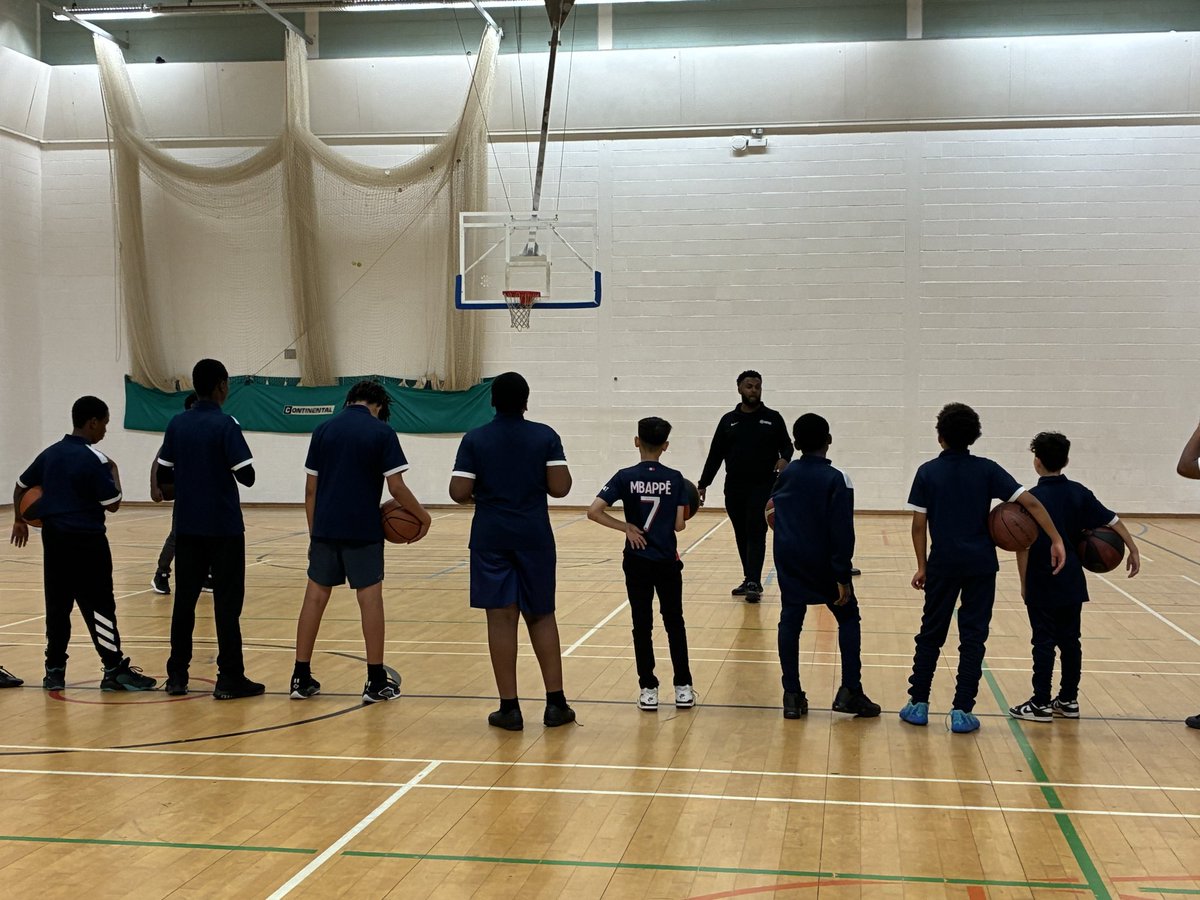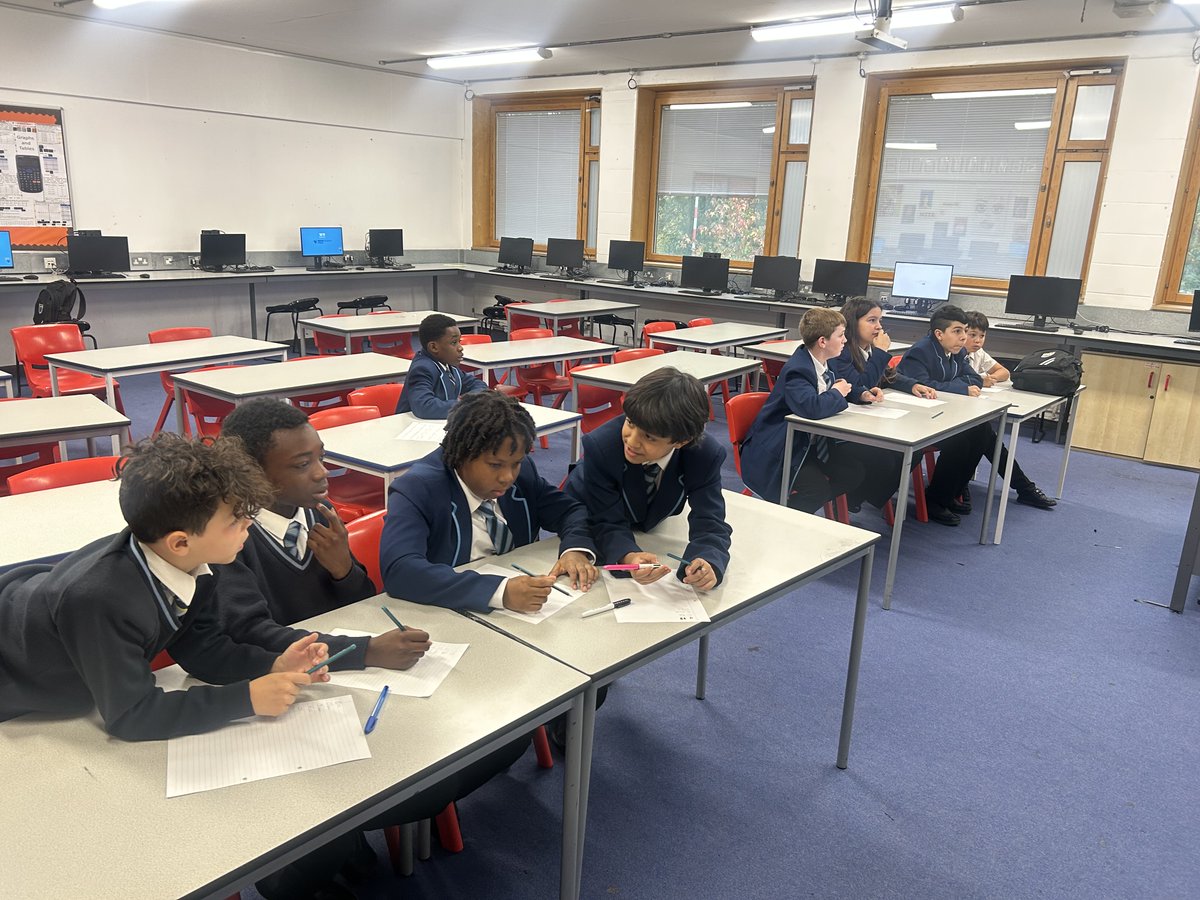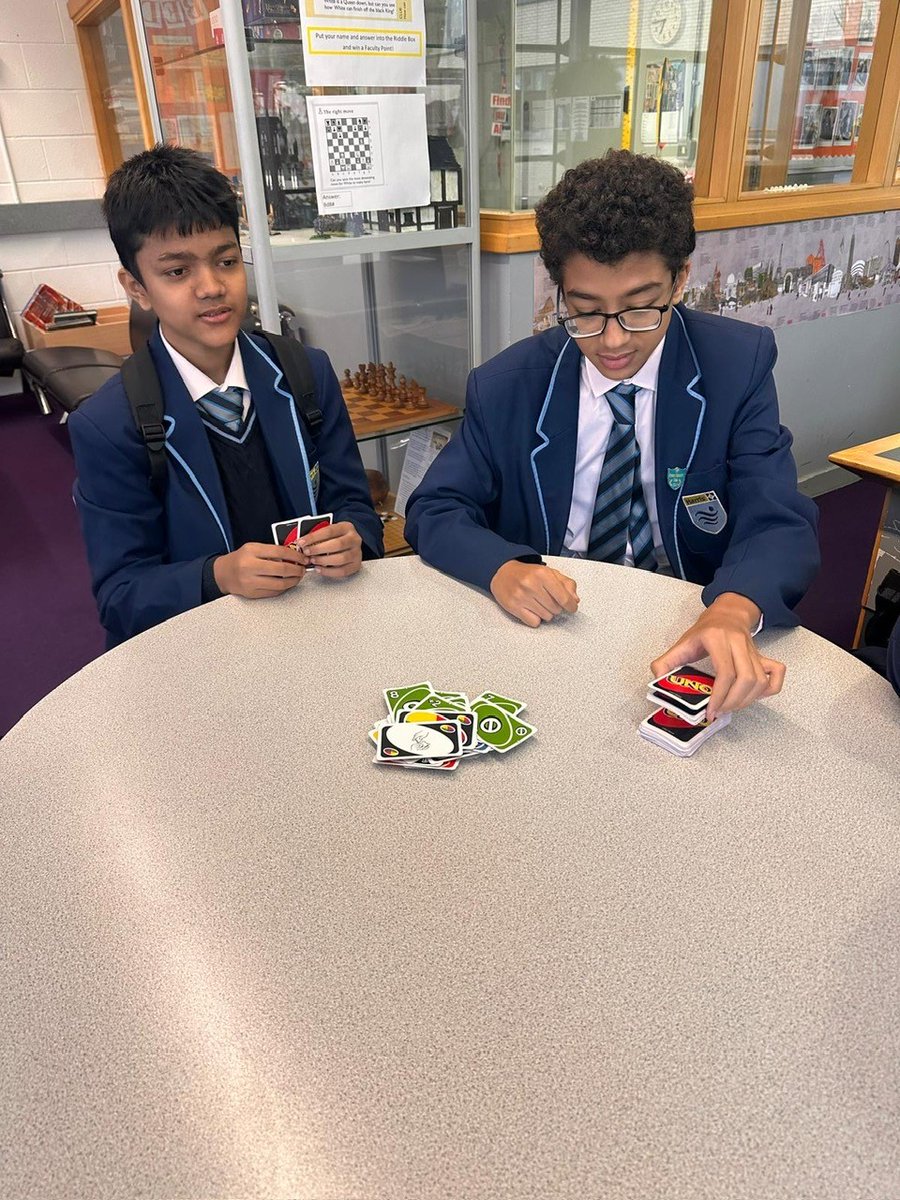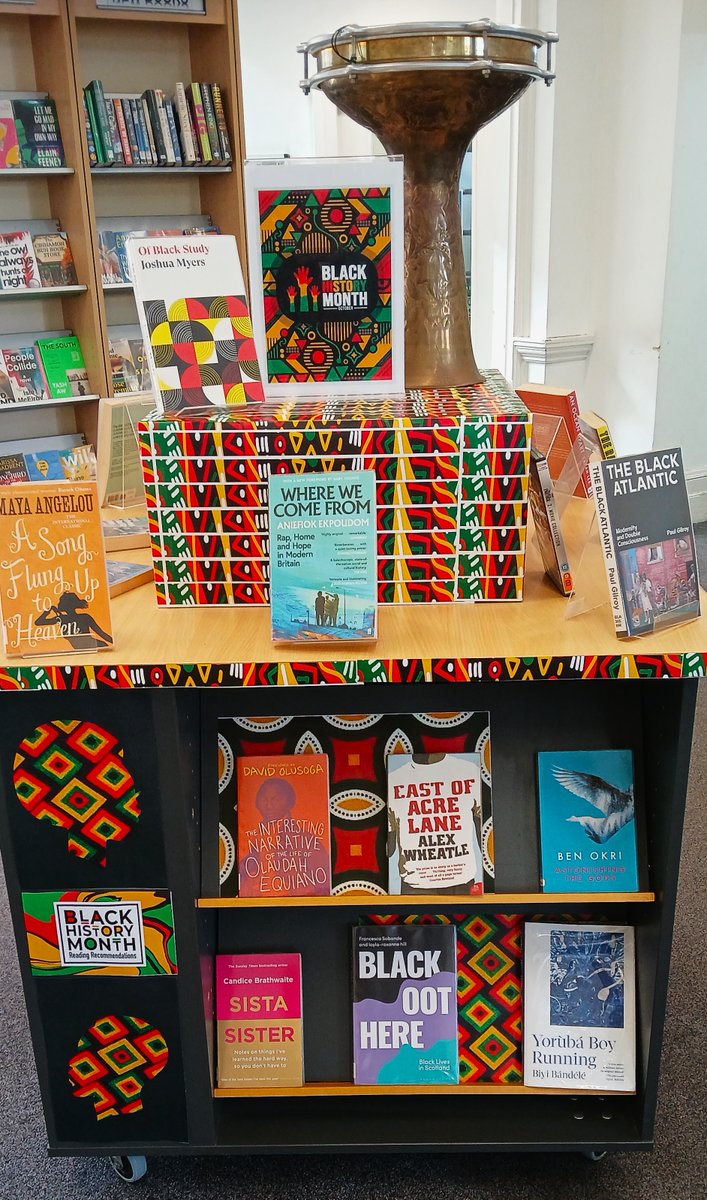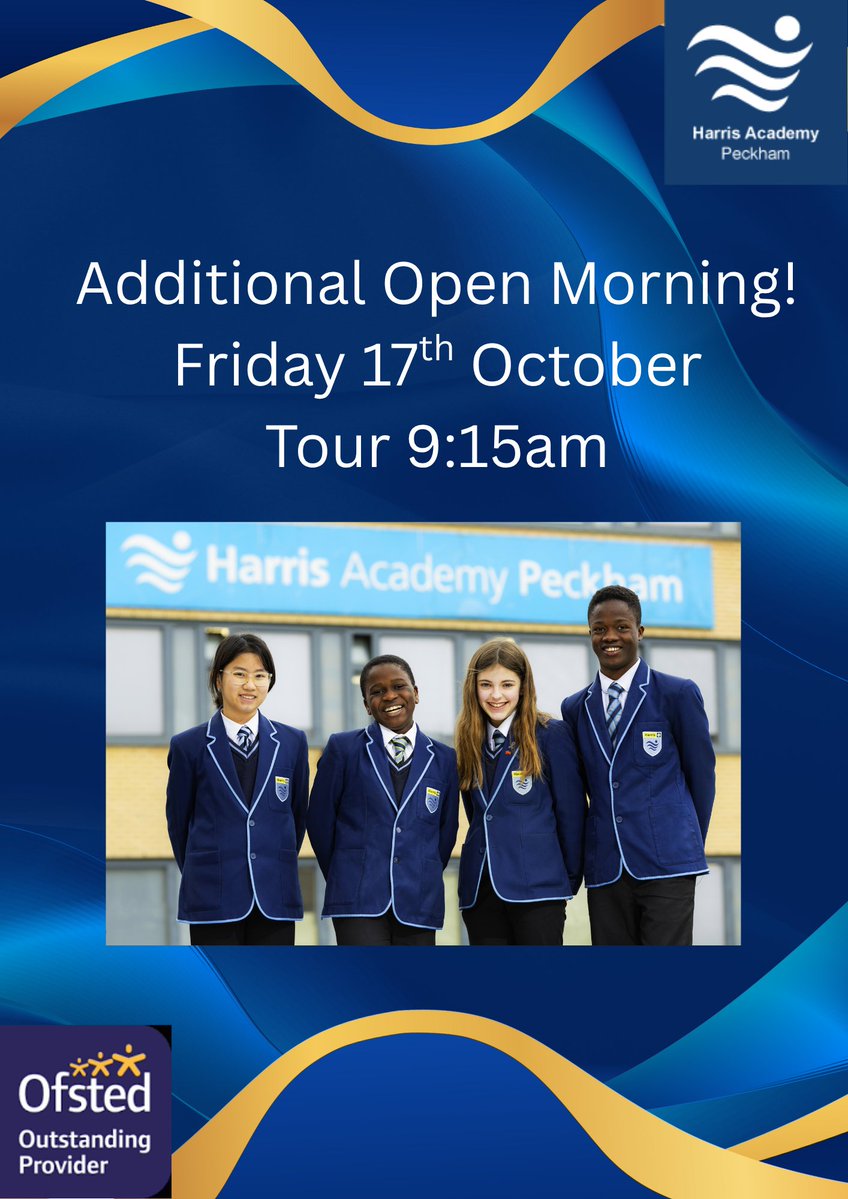How to Use a Revision Guide
Before you complete any revision you need to have in front of you:
- A pen
- Your revision guide
- Lined paper
- Plain paper
- Coloured pens/pencils/highlighters
It is good to have in front of you the following:
- Flash cards
- A drink
- Coloured paper
- A revision folder or exercise book
The three phases of revision
Your revision is going to happen in three phases:
Phase 1 – Knowledge building
In this phase you will build resources to cement your knowledge, it will give you an understanding of the key words you need to know for your GCSE and will give you the broad range of knowledge that you need in order to be able to effectively answer exam questions. It consists of making notes, and then condensing notes.
Phase 2 – Applying your knowledge
Phase 2 is about you applying the knowledge you have gained. You will use your notes and knowledge built from Phase 1 to begin applying your knowledge to activities designed to make sure you are using your knowledge in the best way for your assessment.
Phase 3 – Testing yourself
Phase 3 is when you will be assessing how far you have come after Phase 1 and Phase 2. It is your opportunity to reflect on how you can move forward with your revision, but also it is vital exam practise for your exam.
Phase 1 – Knowledge building
Look through the first pages of your revision guide and you will find a contents page. This tells you which pages you can find each of the topics you need to revise. You can use this like a knowledge checklist, rating which topics you think you already know best and then planning your revision using this information.

Step 1 – The Quick Read
Your first reading doesn’t have to take you a long time, give yourself two or three minutes to do it, it’s just to give you an idea of what you are about to revise.
Step 2 – Making notes
Now pick up your pen and write your heading on a piece of lined paper:
Kaiser Wilhelm and the difficulties of ruling Germany, 1890-1914.
Tips on making notes:
Use the headings provided for you. Keep them neat. Keep them brief, but make sure key information is recorded. Keep to the time you have given yourself to make them.
Example of good notes made from a revision guide.

Step 3 – Condensing notes
Once you have made these notes we can then begin Step 2 of the note taking section: Condensing Notes. You might choose to wait until you have taken notes for a whole section, or you might want to do it each time you have completed the Making Notes step for each page. The choice is yours.
In the Condensing Notes step you need to get your notes together and begin to condense them (simplify them even further to help them stay in your memory).
To do this you could turn your notes from each section into mind maps or flash cards.
Once you have condensed your notes, it is important you then store them in a way that you can regularly return to them. For example, you could stick mind maps to your wall in your bedroom, or somewhere else around the house or you can carry flash cards with you and look over them on your way to school. Try and get your friends and family to test you on what you can remember when you have completed this phase!
Example of good condensed notes:

Phase 2 – Applying your knowledge
Option 1
Throughout your revision guide you will find there are several activities for you to complete for each topic. A good way of committing the knowledge you have covered in your notes is to complete these activities without referring to the notes you have made.
You may find you aren’t able to be as specific as you want to be in the information you use, that’s okay, don’t give in and look at your notes! Finish the activity, then go back to your notes and with a different coloured pen edit your first draft. You can then return to this activity at a later date and see if this time you can remember the depth of detail you were originally aiming for.

If you find gaps in your knowledge at this point, go back to Phase 1
Option 2
Practice question after practice question after practice question!
These can be collected from your teacher or found online.
Option 3
Quizlet/BBC I Player/ Microsoft Teams/ SENECA/ Matshwatch/Doddle/ Active Learn are all websites which you can use for free to find testing and knowledge sections you can use.
Phase 3 – Testing yourself

Sketch it. Draw pictures to represent each of the facts or dates. It could be a simple drawing or something that reminds you of the answer.
Hide and seek. Read through your knowledge organiser, put it down and try and write out as much as you can remember. Then keep adding to it until its full!
Teach it. Teach someone your key facts and then get them to test you, or even test them!
Say it. Simply speak the facts and dates out loud as you’re reading the Knowledge Organiser. Even try to act out some of the facts – it really helps you remember!
Back to front. Write down the answers and then write out what questions the teacher may ask to get those answers.
Record it. Record yourself on your phone or tablet reading out the information. These can be listened to as many times as you want!
Flash cards. Write the key word or date on one side and the explanation on the other. Test your memory by asking someone to quiz you on either side.








